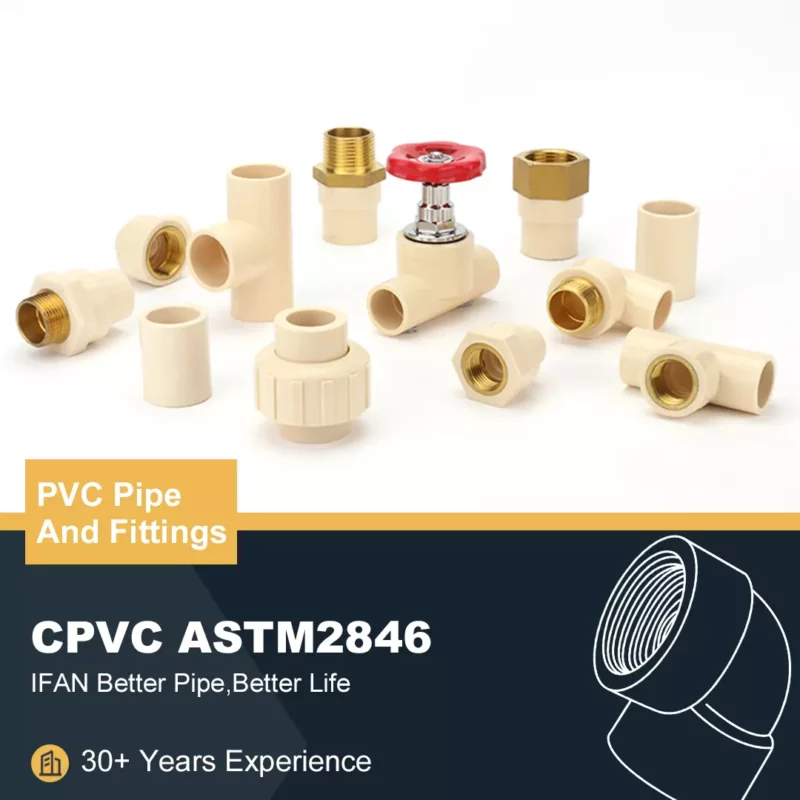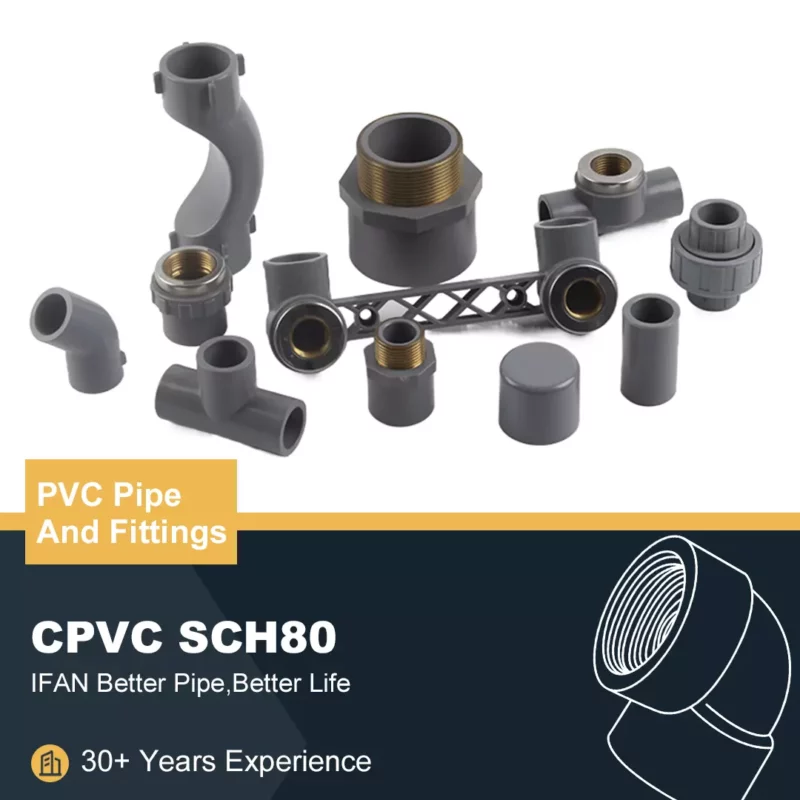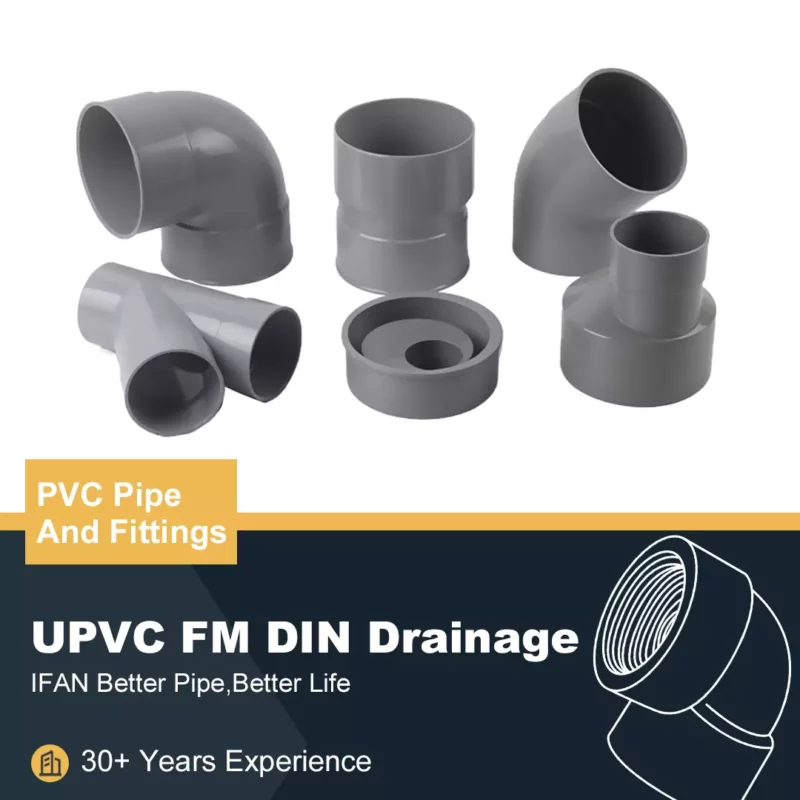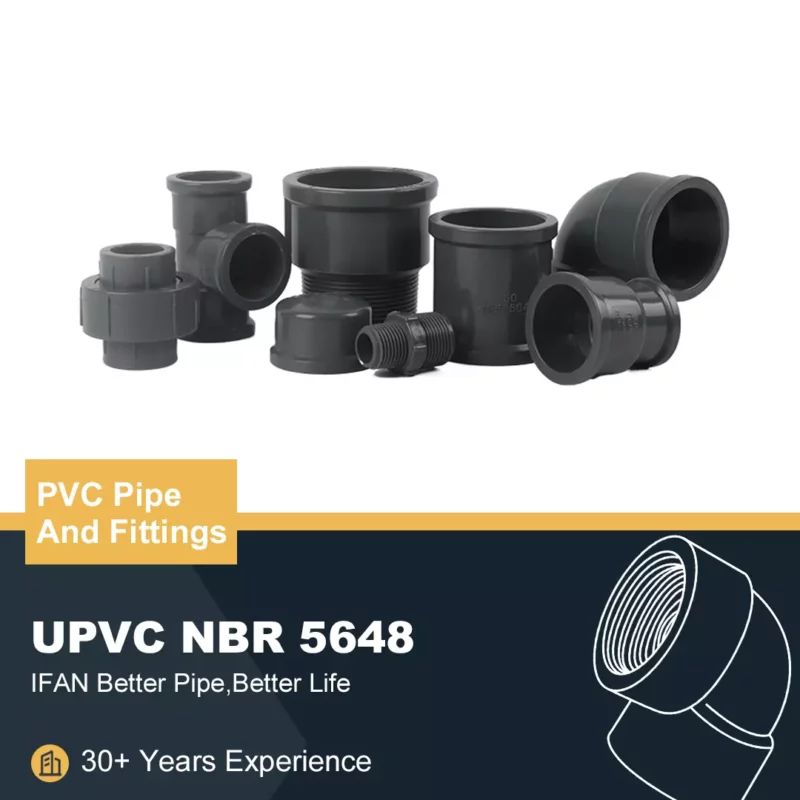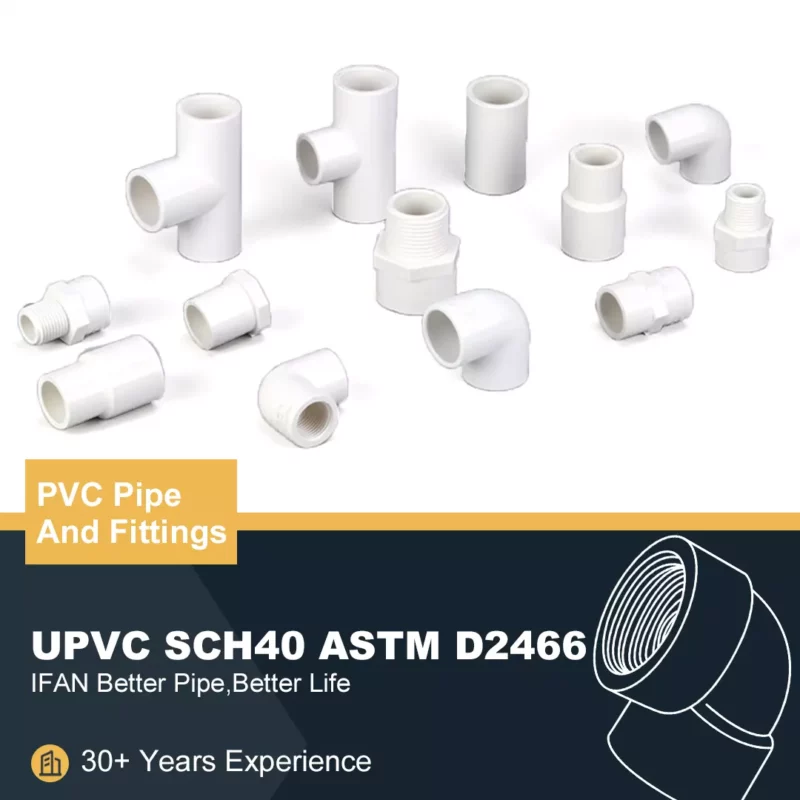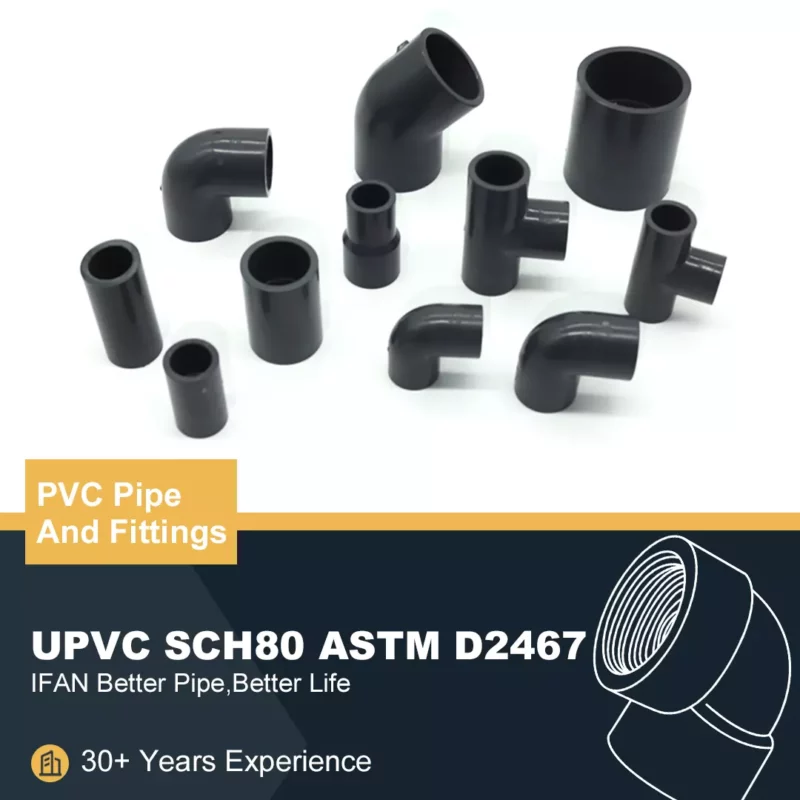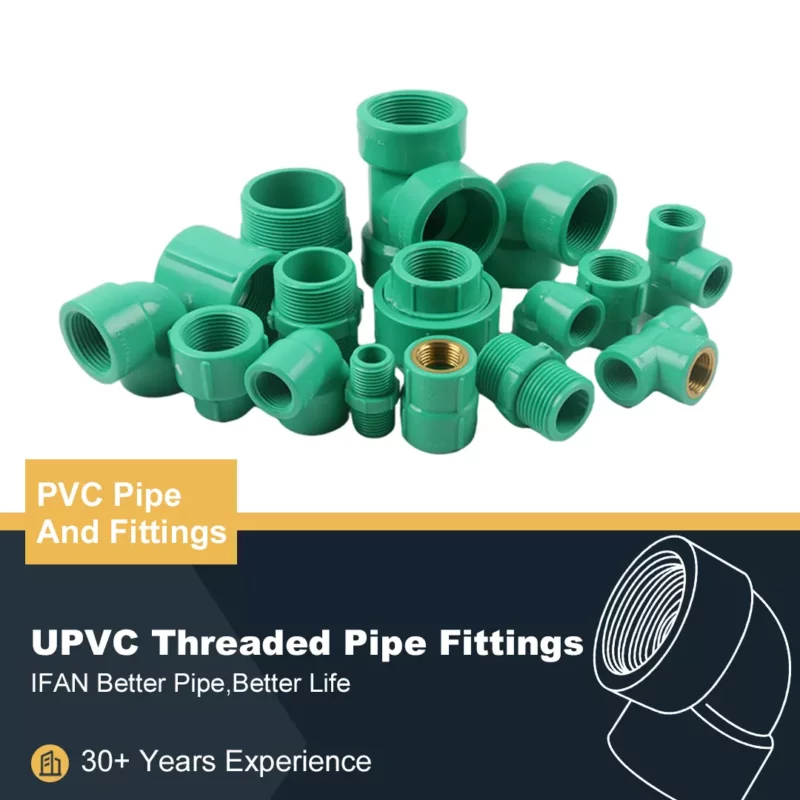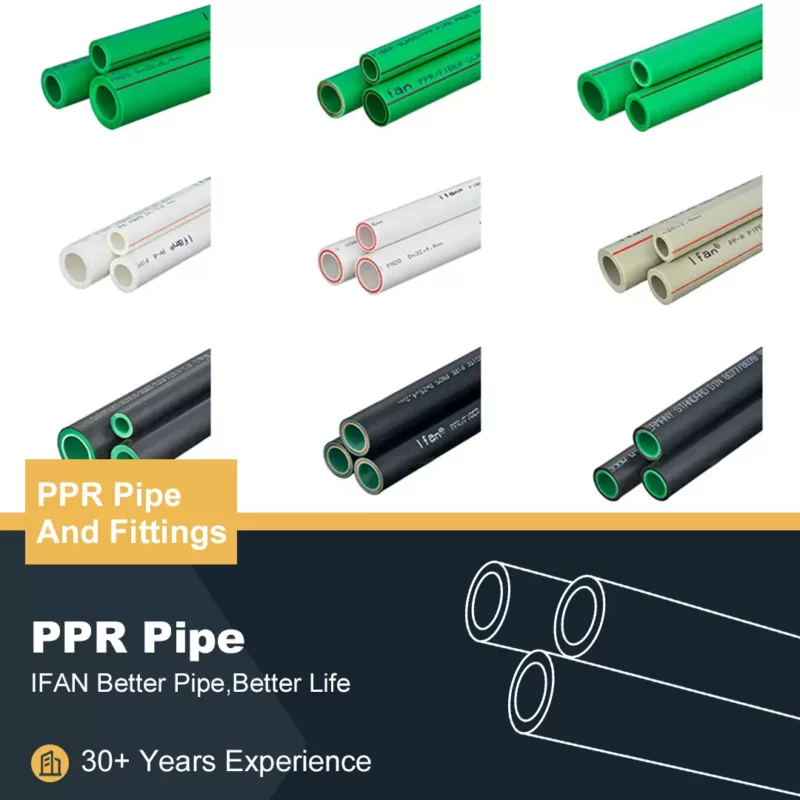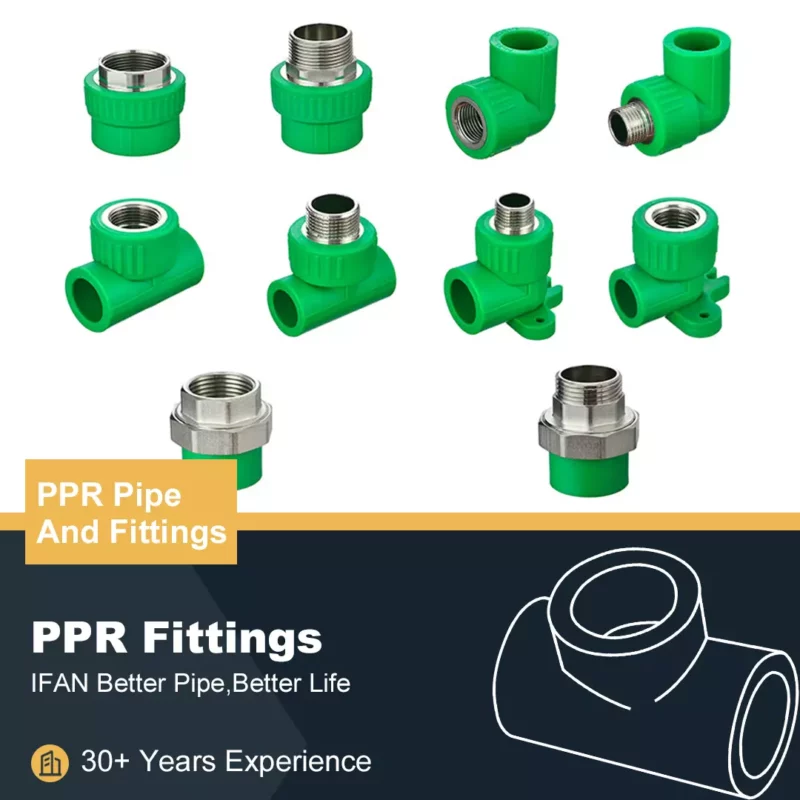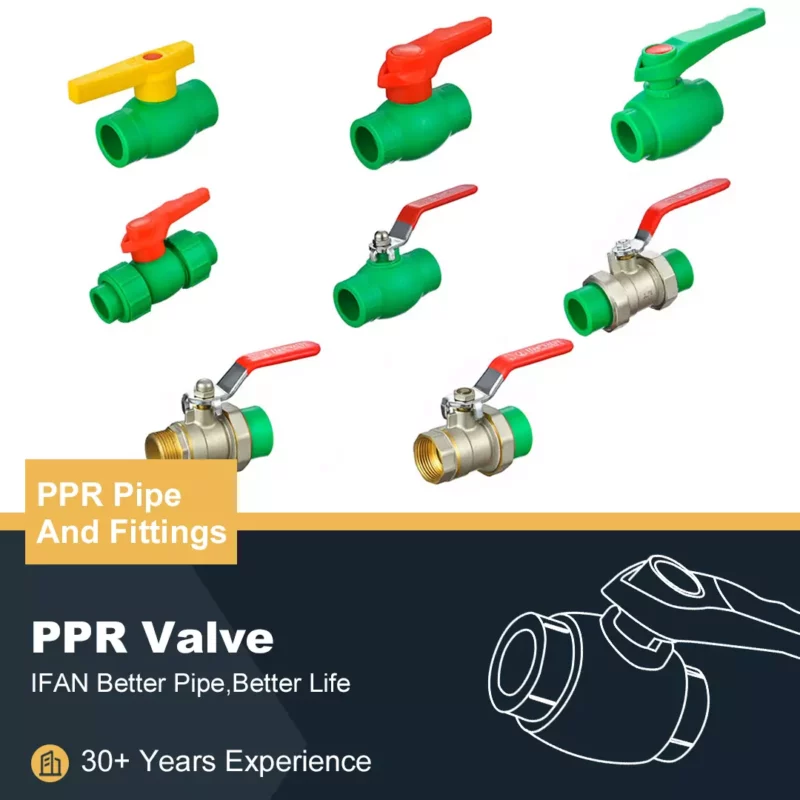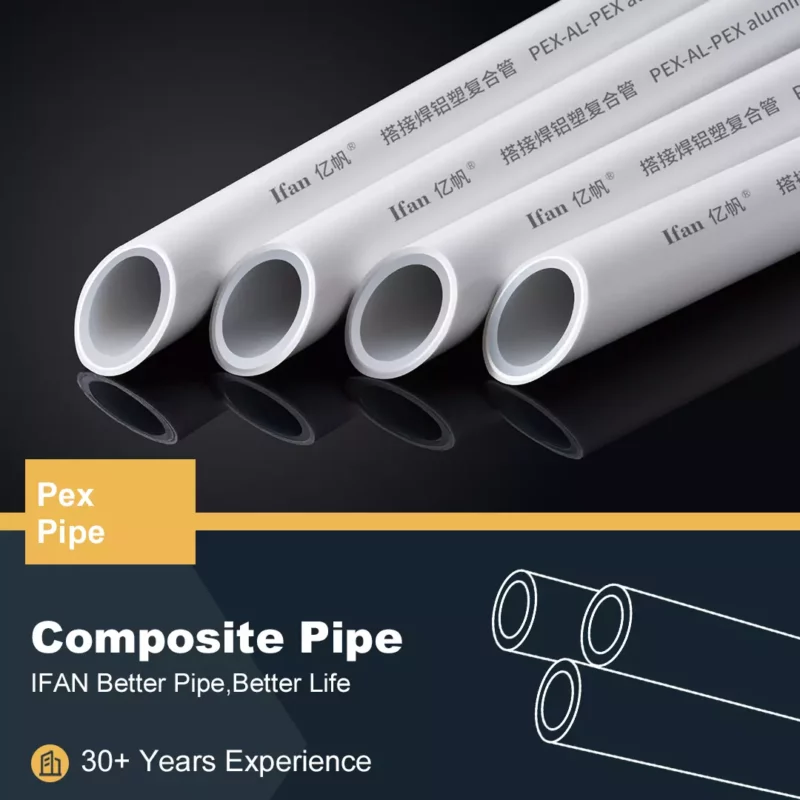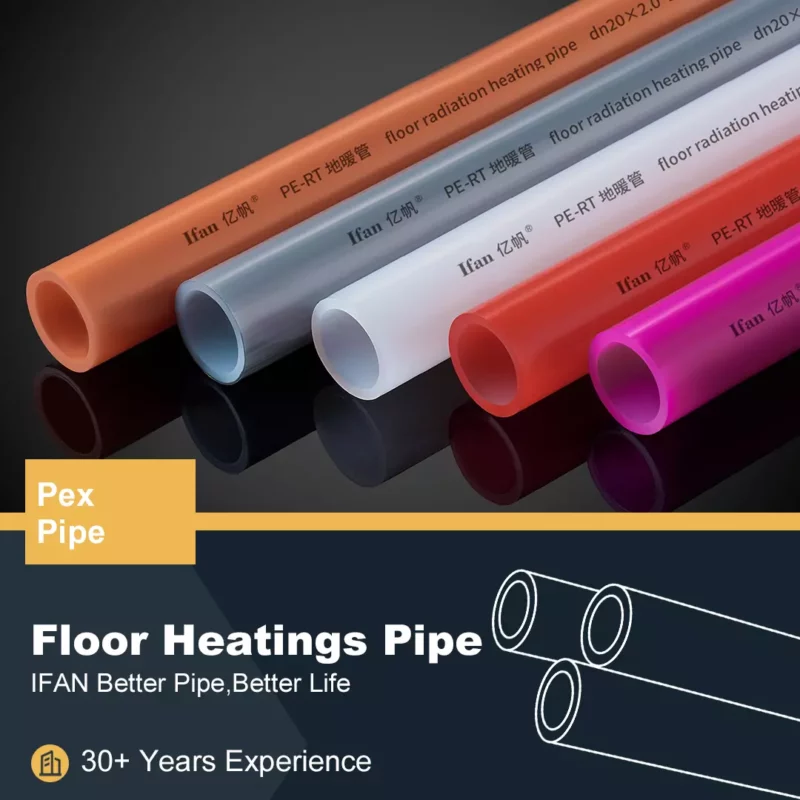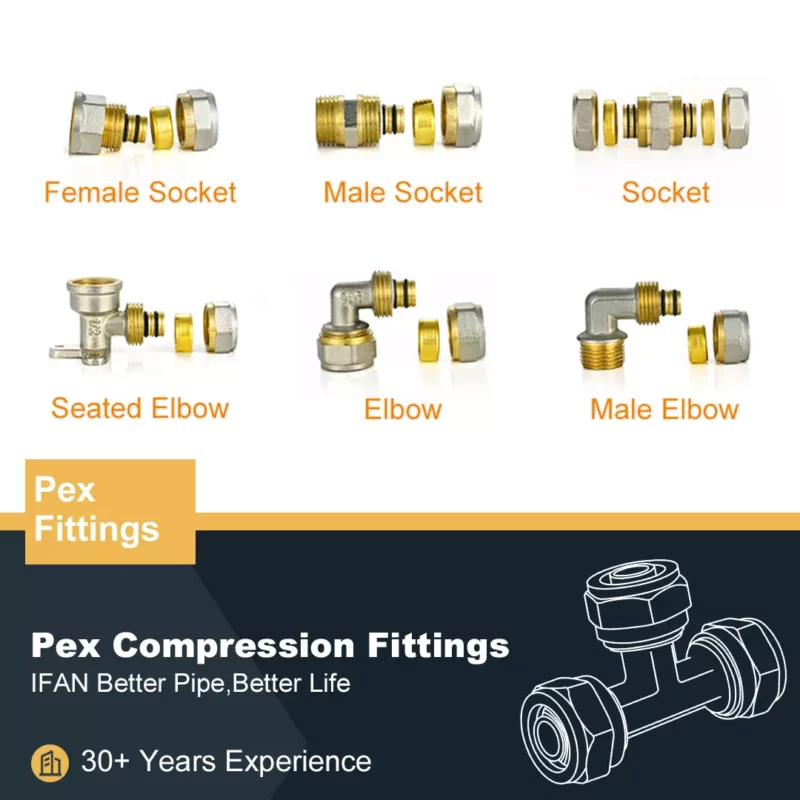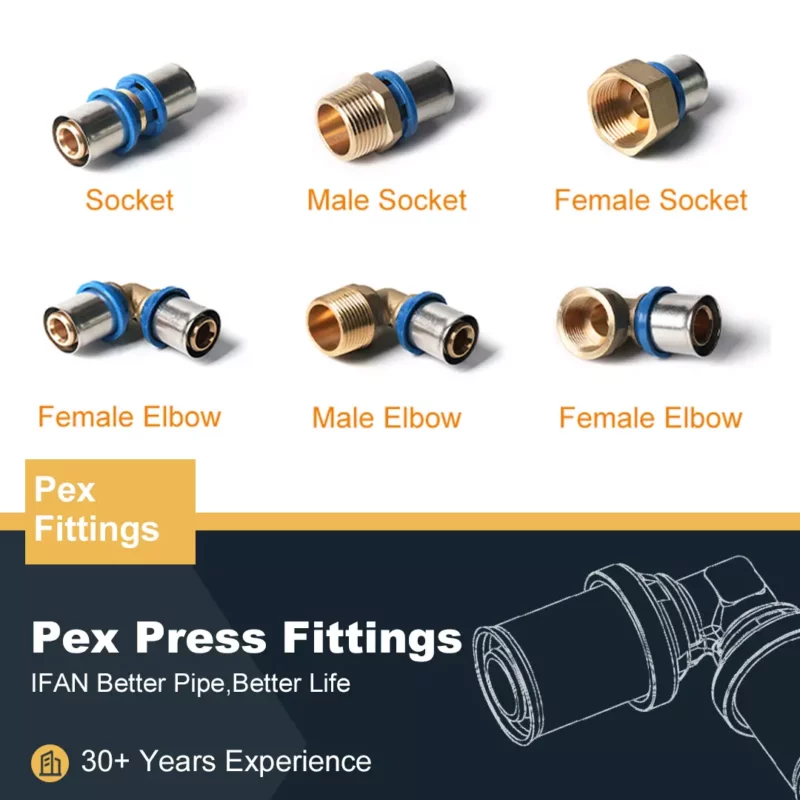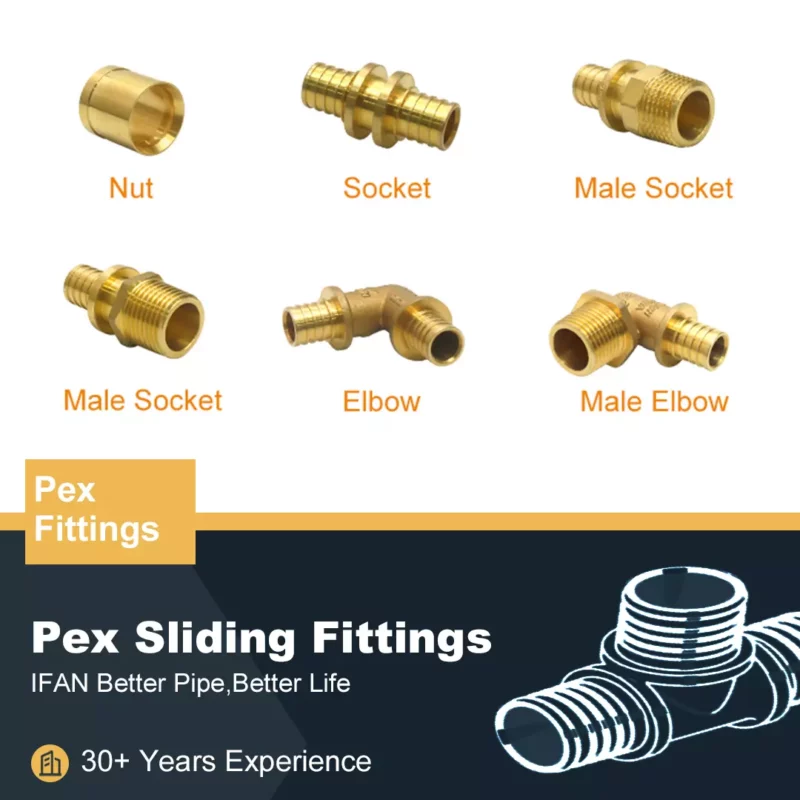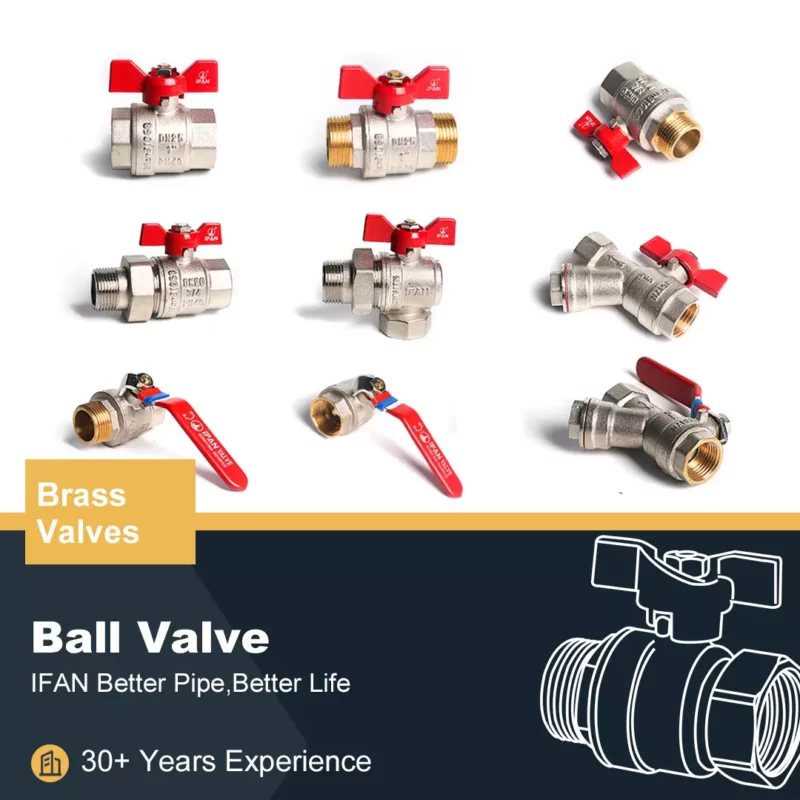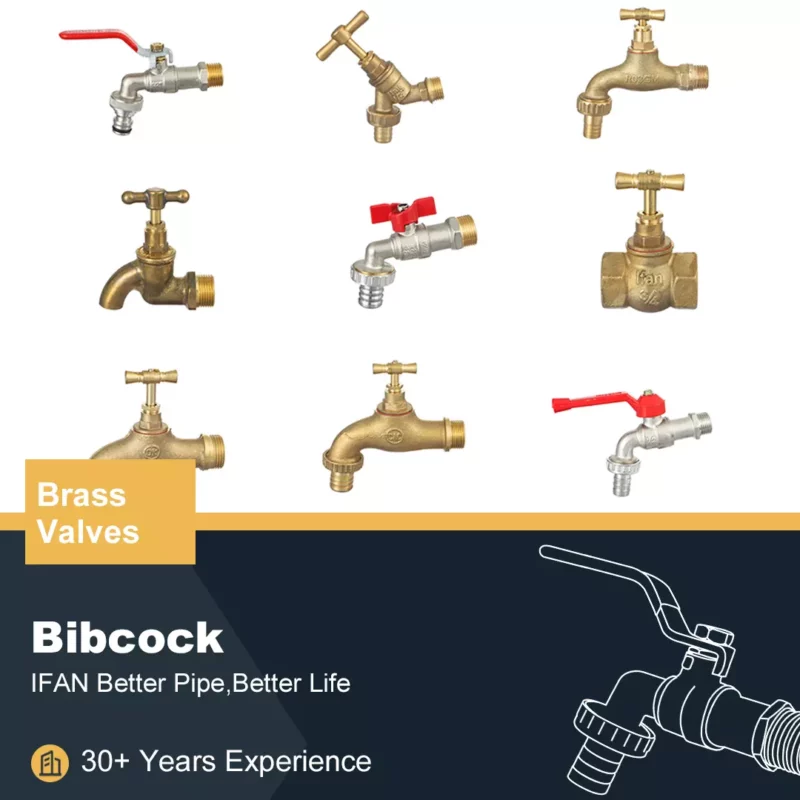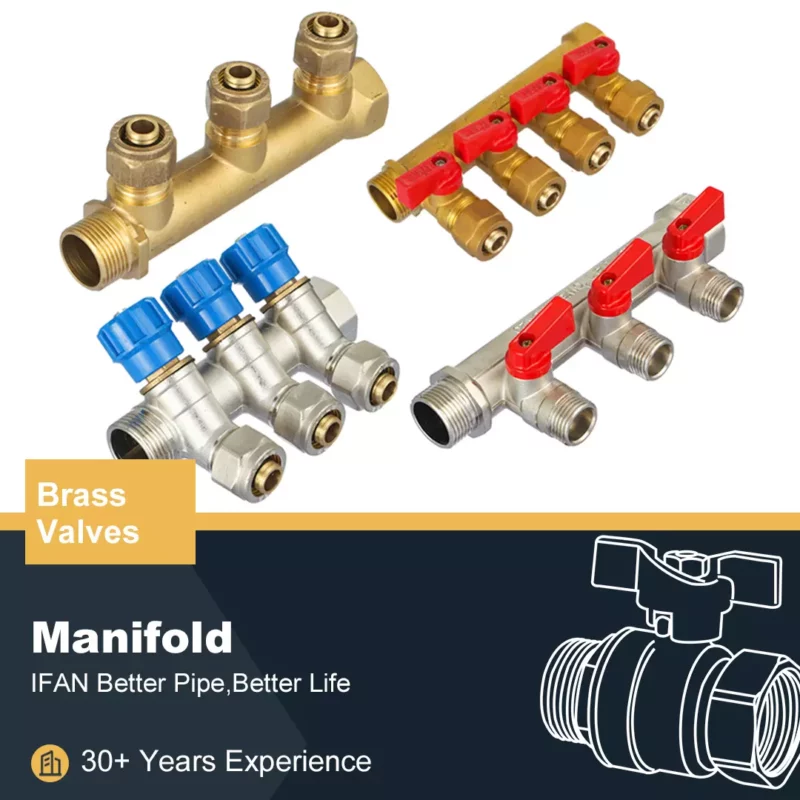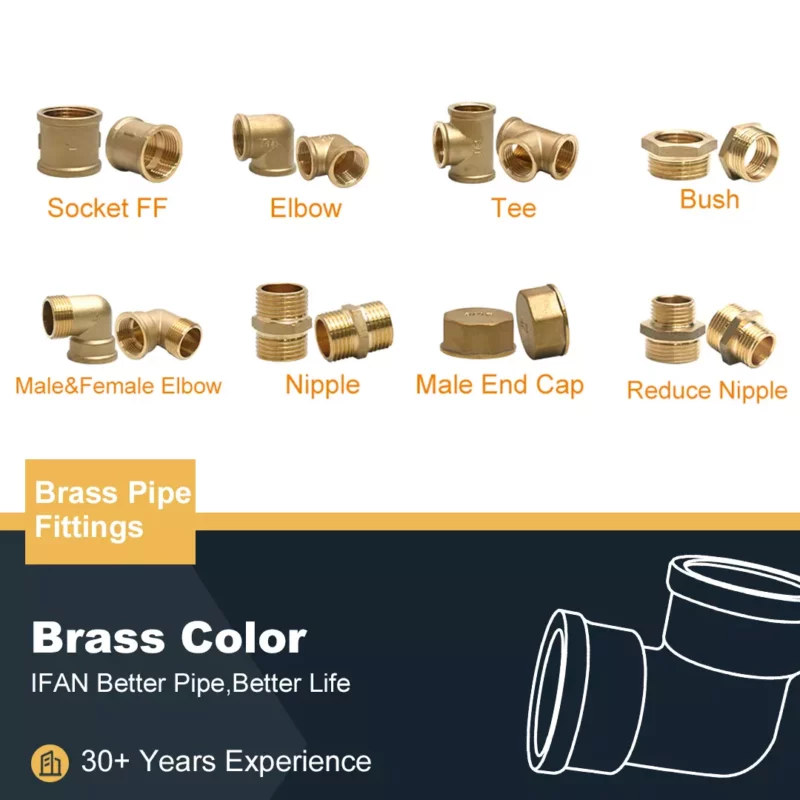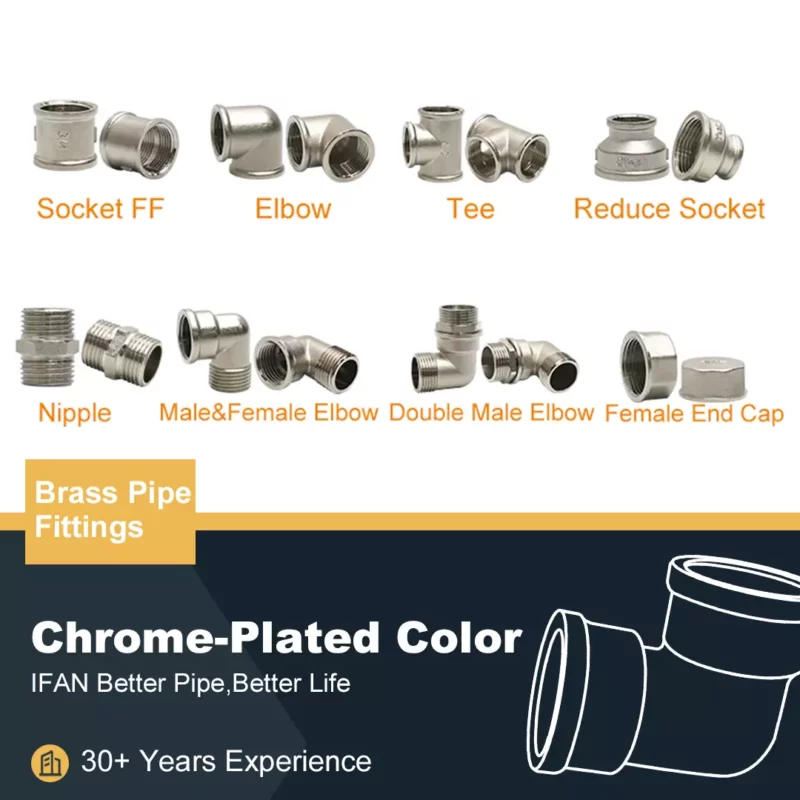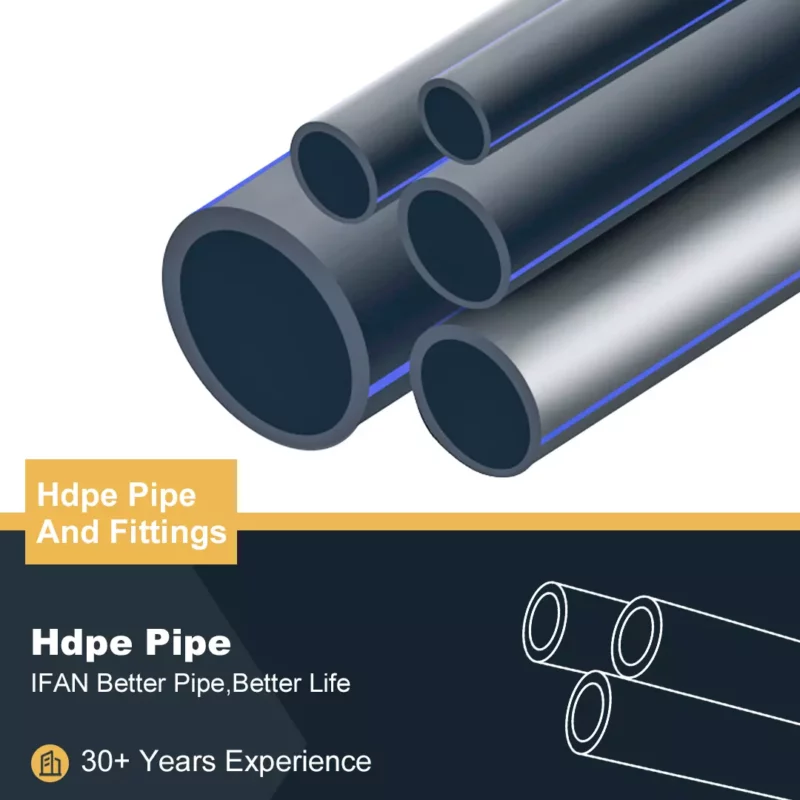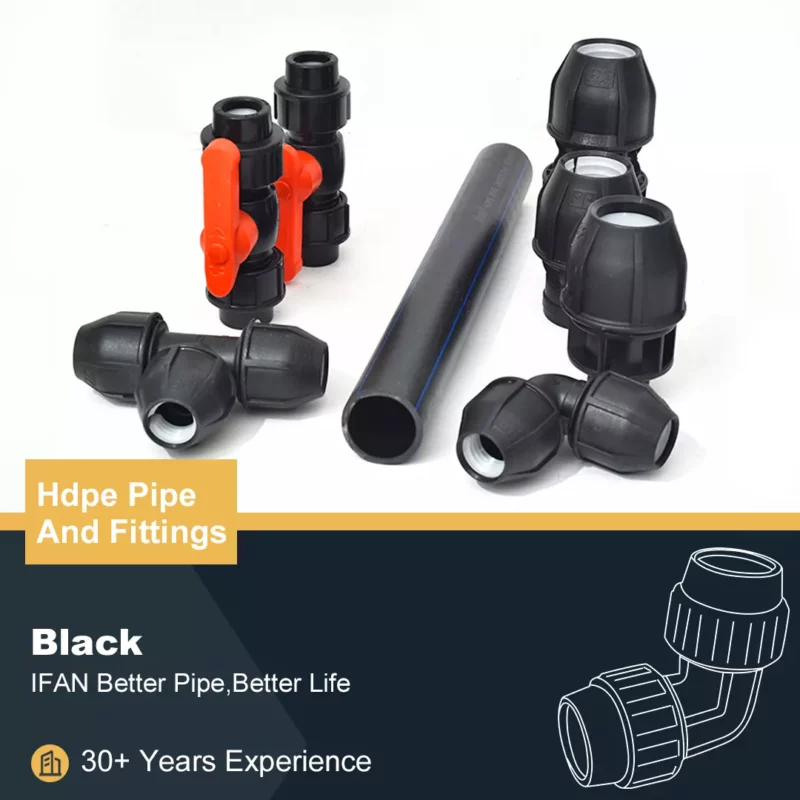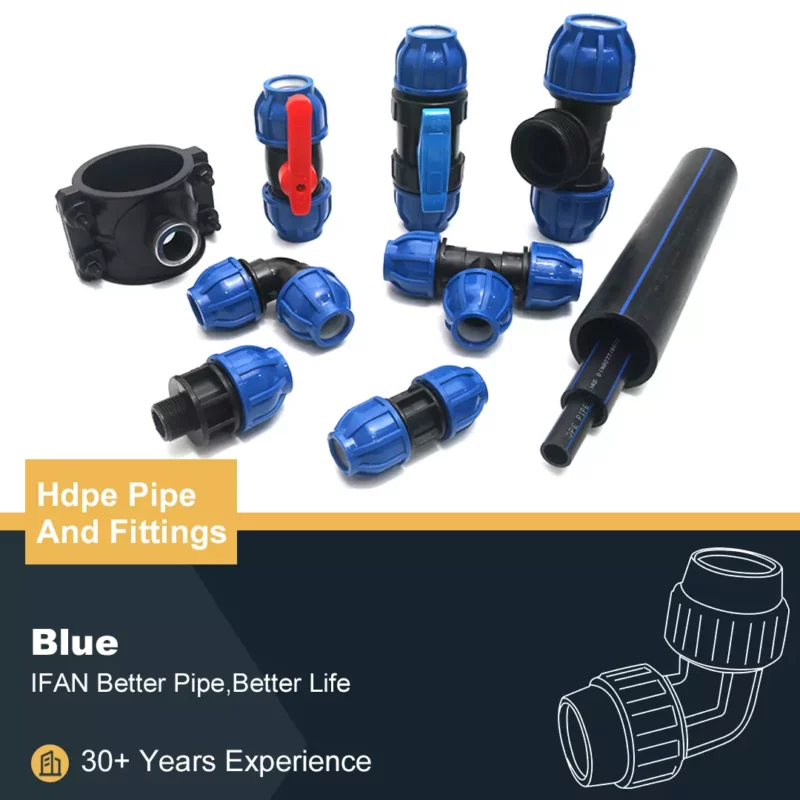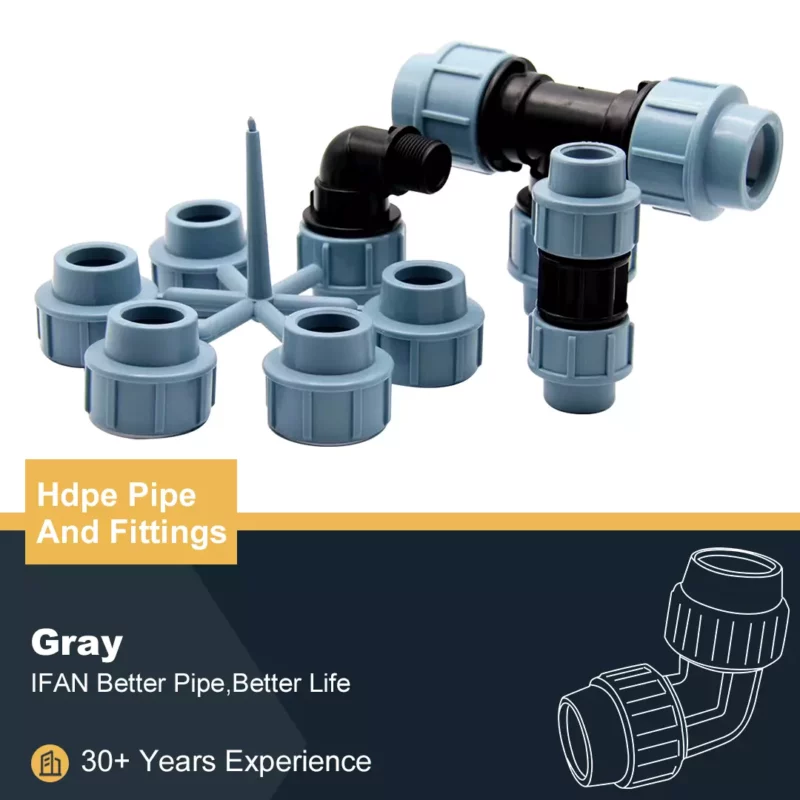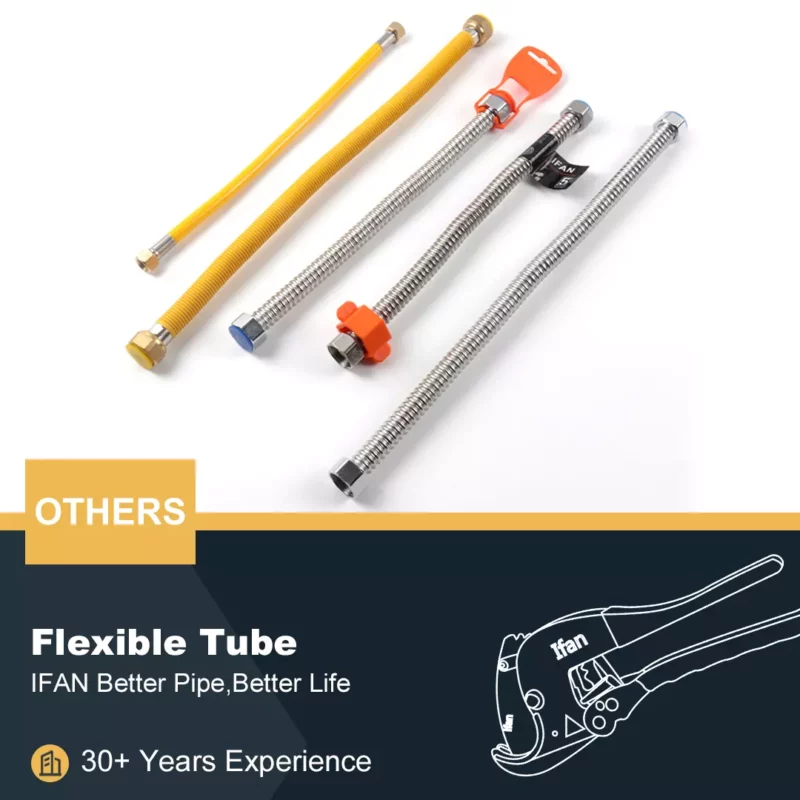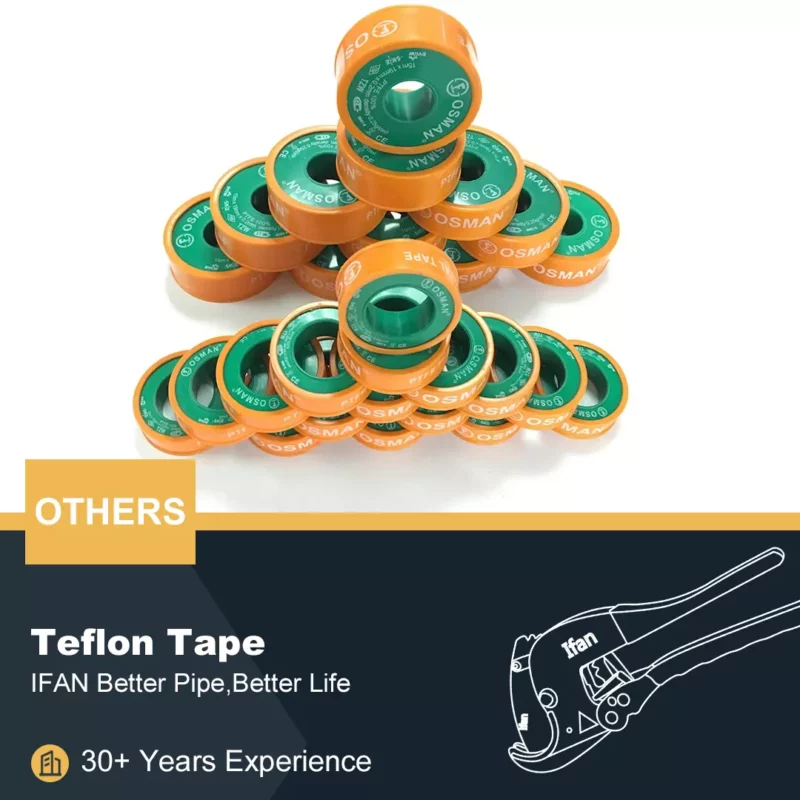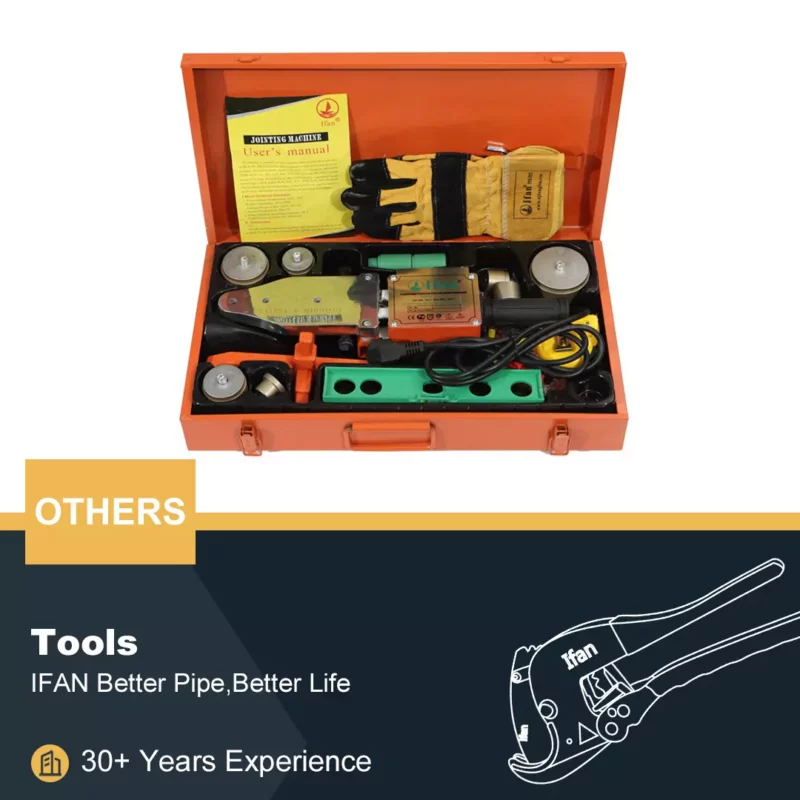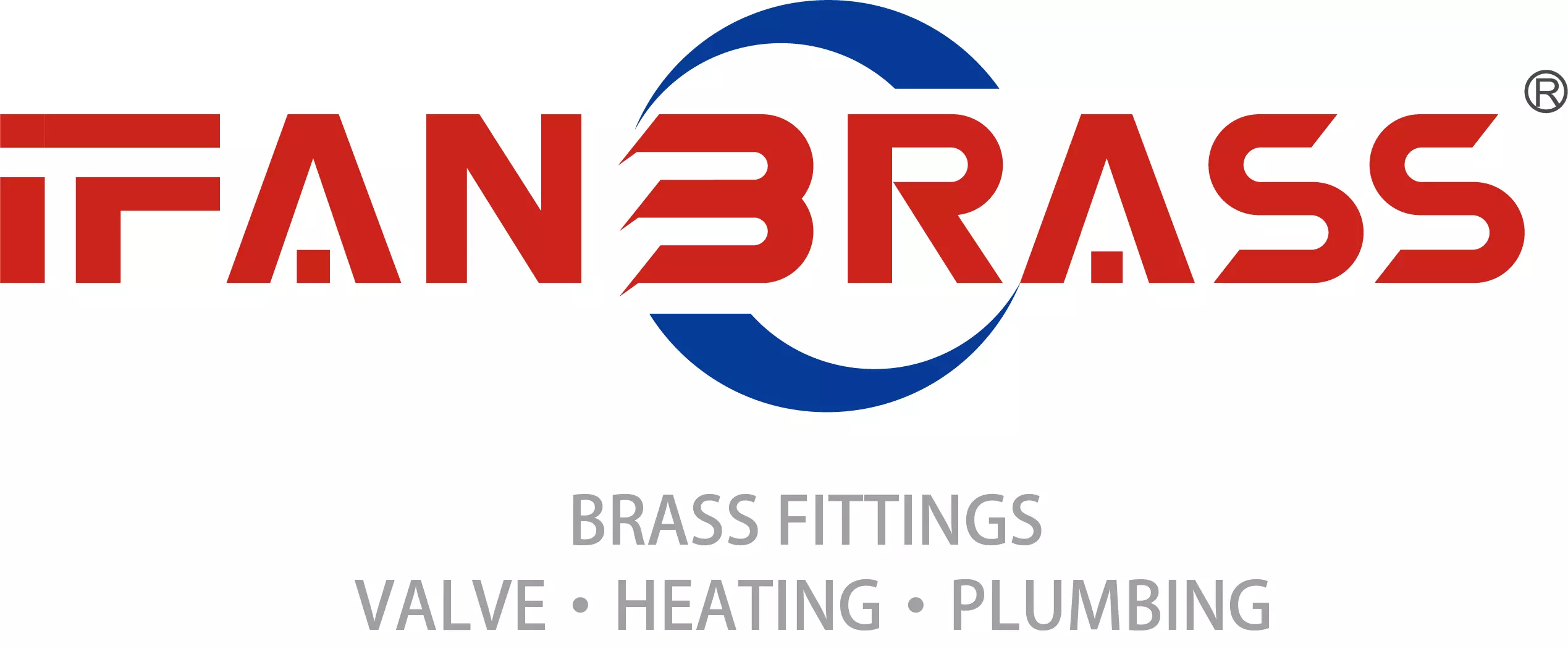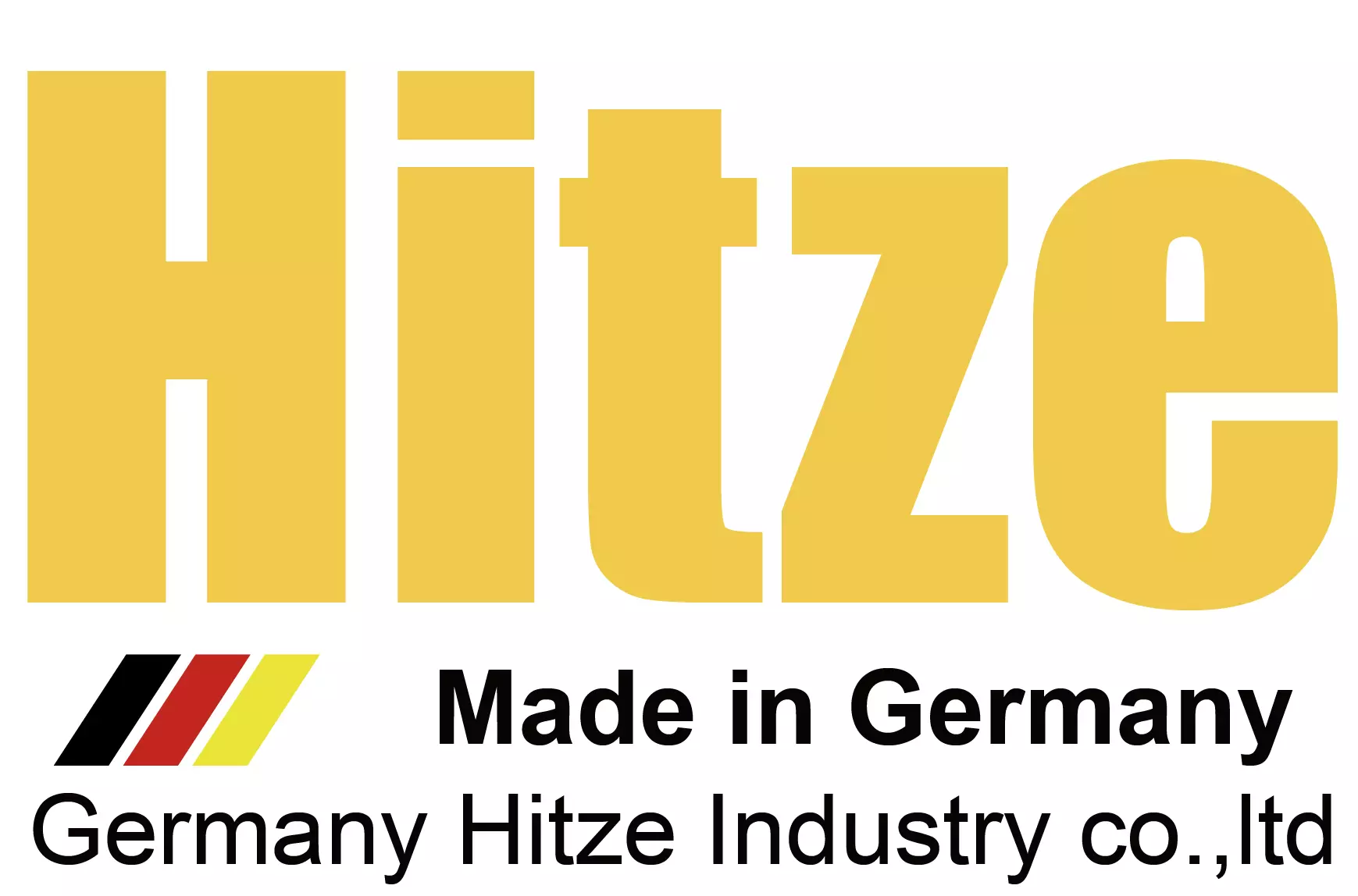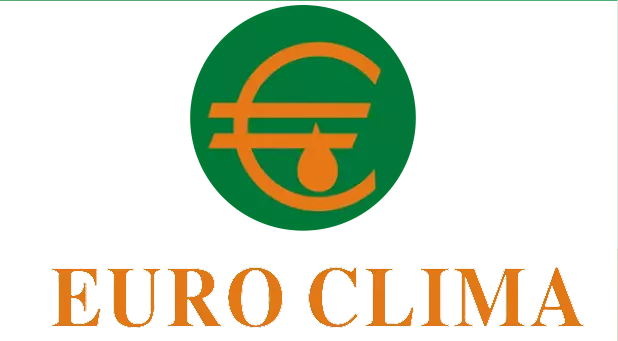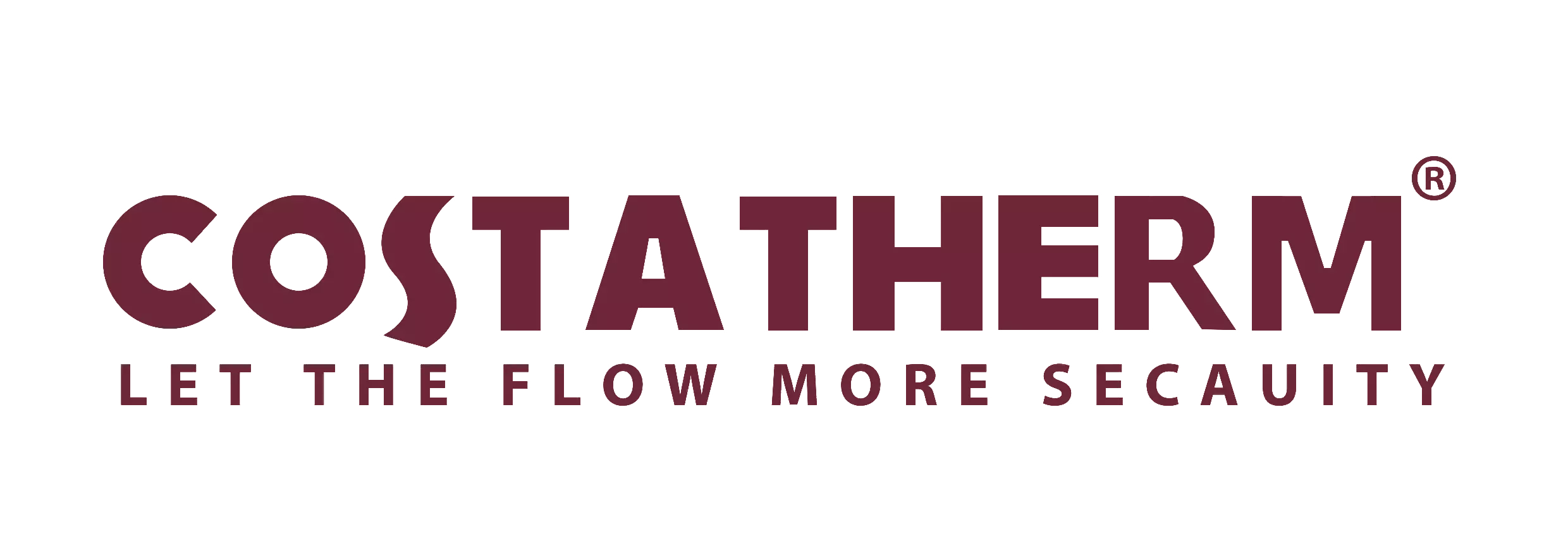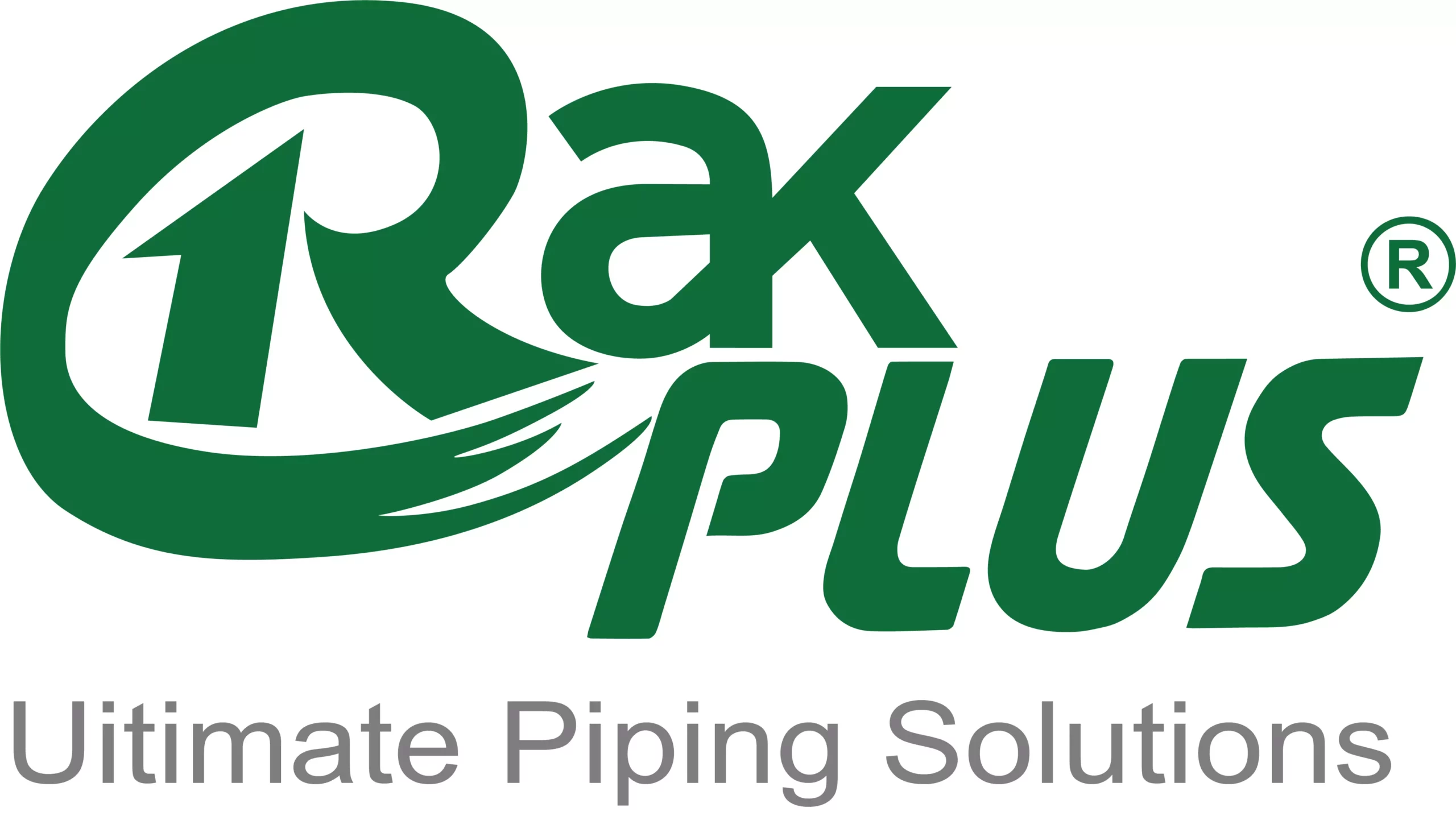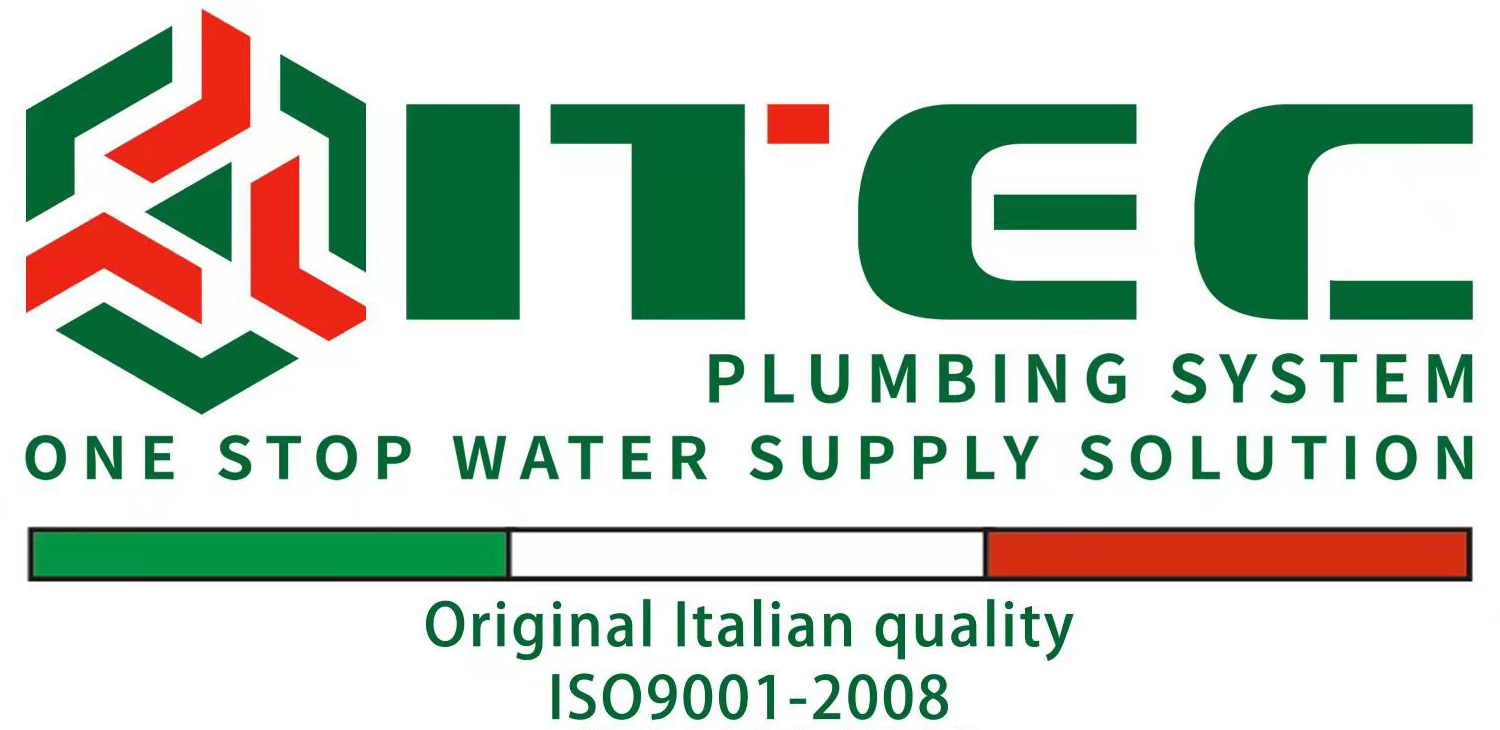PPR (Polypropylene Random Copolymer) pipes have gained popularity in residential water supply systems. These pipes are known for their durability, flexibility, and resistance to corrosion. PPR pipes are suitable for both hot and cold water applications. This article explores the features, advantages, and applications of PPR pipe in residential water supply systems.
What Are PPR Pipes?
PPR pipes are made from a type of polypropylene that enhances their performance. They consist of a series of layers, providing strength and flexibility. The inner layer is smooth, which reduces friction and improves flow rates. For example, a typical PPR pipe used for water supply may have a diameter of 20 mm to 110 mm, catering to various needs in a household. Their lightweight nature makes them easy to transport and install.
Advantages of PPR Pipes
One major advantage of PPR pipe is their resistance to corrosion. Unlike metal pipes, they do not rust or corrode over time. This quality ensures that water quality remains high, making PPR pipe ideal for drinking water supply. Additionally, PPR pipes have a long lifespan, often exceeding 50 years. This durability minimizes the need for frequent replacements, ultimately saving homeowners money.
Temperature Resistance
PPR pipes can handle a wide range of temperatures. They are suitable for both hot and cold water applications, withstanding temperatures up to 95°C (203°F). For instance, these pipes are often used in hot water systems, such as boilers and solar heating systems. Their ability to maintain structural integrity at high temperatures makes them a reliable choice for residential water supply.
Installation Process
Installing PPR pipe is straightforward, making them a popular choice for DIY projects. The pipes can be joined using heat fusion techniques, which create strong, leak-proof connections. First, the pipe ends are heated using a special tool. Once softened, the ends are pressed together, forming a solid joint. This method is efficient and minimizes the need for additional fittings, reducing installation time and costs.
Applications in Plumbing Systems
PPR pipes are commonly used in various plumbing applications within residential settings. They are ideal for water supply lines, drainage systems, and irrigation. For example, a PPR pipe can connect a home’s main water supply to faucets and appliances. Their versatility allows for installation in walls, ceilings, and floors, accommodating different architectural designs.
Health and Safety Considerations
PPR pipes are a safe choice for drinking water supply. They are non-toxic and do not leach harmful chemicals into the water. This quality complies with health regulations and ensures safe water for households. For instance, many municipalities recommend PPR pipe for residential water systems due to their safety features. Homeowners can trust that their water supply remains uncontaminated.
Cost-Effectiveness
The cost-effectiveness of PPR pipe makes them appealing to homeowners. Although the initial investment may be slightly higher than traditional pipes, their durability leads to long-term savings. PPR pipes require less maintenance and have a longer lifespan, which offsets installation costs. For example, using PPR pipes in a plumbing renovation can significantly reduce future repair expenses.
Environmental Impact
PPR pipes contribute to environmentally friendly plumbing solutions. Their longevity reduces waste generated by frequent replacements. Additionally, PPR pipe are recyclable, making them a sustainable choice. Homeowners can feel good about their plumbing choices, knowing they are contributing to environmental conservation. For instance, using PPR pipes helps decrease the carbon footprint associated with plumbing installations.
Resistance to Scale and Bacteria
PPR pipes have smooth inner surfaces that resist scale buildup and bacterial growth. This characteristic is crucial for maintaining water quality. For example, in hard water areas, PPR pipe help prevent scale formation that can clog pipes and reduce flow rates. The smooth surface ensures a consistent water flow, promoting efficiency in residential water supply systems.
Future Trends in PPR Technology
The plumbing industry is evolving, with innovations in PPR pipe technology. Manufacturers are developing enhanced versions that offer even greater durability and resistance. Future trends may include advanced additives that improve UV resistance and impact strength. For example, new formulations may extend the lifespan of PPR pipe in outdoor applications, ensuring their reliability in various conditions.
IFAN International Standard for PPR Tubing
IFAN recognizes several important standards for PPR (polypropylene random copolymer) piping systems to ensure their quality and performance. These include ISO 15874 and EN 15874, which set international standards for PPR pipe and fittings; ASTM F2389, which specifies requirements for PPR pipe used in pressure applications; DIN 8077/8078, which provides specifications for PPR pipe and fittings in Germany; GB/T 18742, which covers PPR pipes in China; and NBR 15884, which outlines standards for PPR pipe and fittings in Brazil. These standards collectively ensure that PPR products meet rigorous global quality and performance criteria.
Conclusion
In conclusion, PPR pipe are an excellent choice for residential water supply systems. Their durability, resistance to corrosion, and ease of installation make them a popular option among homeowners. From hot water applications to drinking water supply, PPR pipes provide a reliable solution for various plumbing needs. As technology continues to advance, PPR pipes will remain a key player in sustainable and efficient plumbing solutions, benefiting homeowners and the environment alike. By choosing PPR pipes, homeowners can ensure a safe, long-lasting, and cost-effective plumbing system for years to come.
If you have read this article and have any questions, please feel free to contact IFAN. Below is our contact information:
Whatsapp:+86 13373827623
Email:[email protected]

